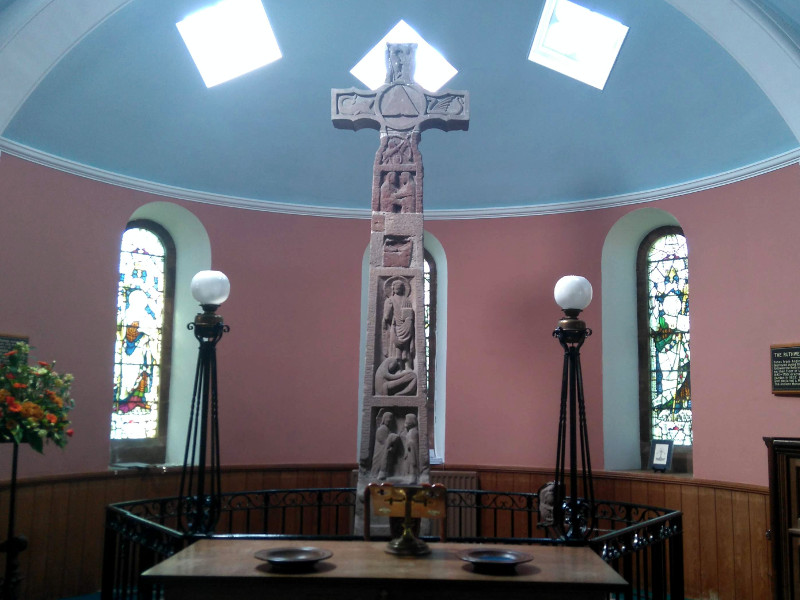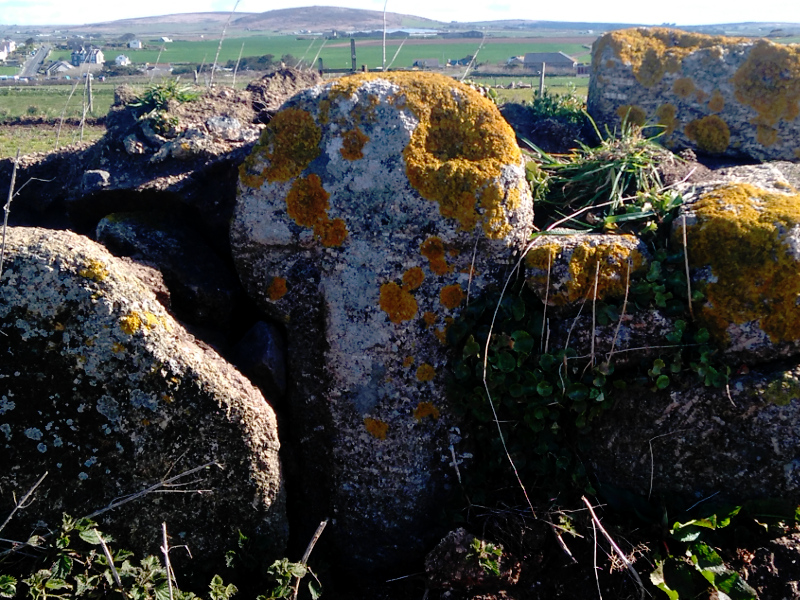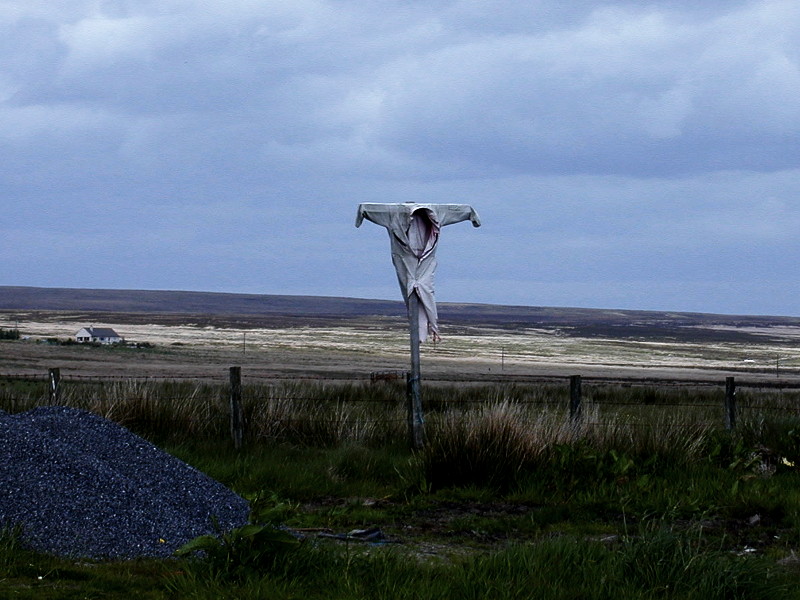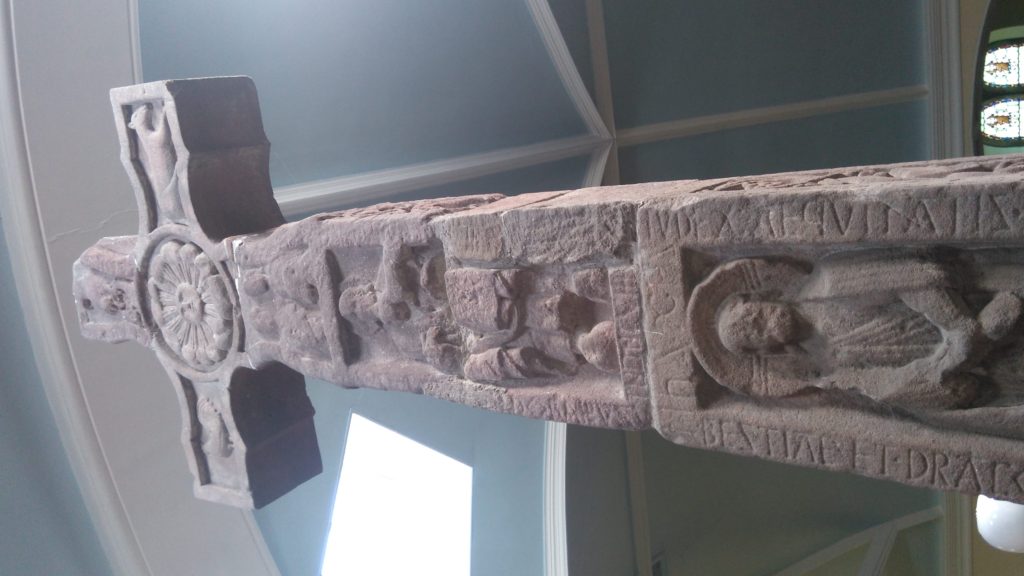Dear Benedict
Although I started writing to you nearly two years ago, there were bits of your Rule that I missed out. I’m now returning to chapter 2 which is quite long so this is only about the first paragraph. It’s about leadership and especially the qualities of a good leader.

With Queen Elizabeth II having died three days ago, there’s a lot of talk around about leadership and especially about hers. This makes it timely to talk about the kind of leadership proposed in your Rule. Commentators agree that it wasn’t the kind of leadership that would have been familiar to folks in 6th century Europe. Look at it carefully and we can see it’s not the kind of leadership familiar to people in 21st century Britain either.
Community leaders are ‘believed to hold the place of Christ’. That takes me to the Jesus of the gospels, our human entry point into seeing God at work in the world. It’s a fair step from 1st century wandering Aramaic preacher to 21st century leader, on either the local or global stage. We talk about Christian values but often shy away from the radical nature of their demands.

Jesus was not upholding the status quo of the religious institutions of his day. He did not point to local or global political leaders as heralding the reign of God but to another kin-dom based on the activity of the seeds of small plants. Most of what is remembered of what he said (and it would have had to have been remembered before it was written down) turns the human ideas of that day and this upside down. He was regularly criticised for hanging out with the wrong people, often those on the margins of the the society of which he was a part.
We on the other hand take a pick and mix approach, choosing the bits we like and leaving the rest under the carpet. Former Primer Ministers may praise the late Queen’s honesty and humility and conveniently overlook their own lack of either of this qualities, for example. Or the new Home Secretary might say too many people claim state benefits in support of income whilst herself earning a six figure sum. These ways of speaking and acting are not, it seems to me, at all Christ-like.

The leaders of the community you describe do not get praise heaped upon them, but neither do they get trolled. They are not expected to make a fuss but just get on with the role God has called them to. There is some similarity between this interpretation and the life of the late Queen Elizabeth, except for the reported 500 million pound fortune and the multiple large mansions. A Queen is after all a queen and inherits all the baggage of state and history into the bargain.
The monastic leader is not in this league, although eventually of course there were monastic leaders who got the wrong interpretation of leadership roles in the past, accumulated too much wealth or abused power in other ways. Some of these have been unmasked and the abuse of religious power was one of the things that contributed to the Reformation in Europe. Unfortunately too much of the Church is still rich making it difficult for some to see it as on their side of those on the social margins. It may be understandable to think that the worship of the Triune God requires our best; huge wealthy buildings and posh clothes, but there’s nothing in the gospels to suggest this and everything to indicate it wasn’t the way Jesus lived his life.

When leaders are ‘believed to hold the place of Christ’ we might imagine him washing people’s feet, touching lepers, eating with excluded people and the like. These are not just things he did for photo opportunities. He actually lived like that: no home base, no comfortable existence. Most of our leaders, local and global, would not embrace such conditions.
It is said of the late Queen Elizabeth that when Pope Francis asked her to pray for him, she said she would. It’s the very least we can do and it’s an important beginning. If we want to see a greater Christ-likeness in our leaders then we must pray for them.
From my remembered gospel: The kin-dom of God is like …..
Pray for me as I pray for you.
From a Friend of Scholastic and the Member of the Lay community of St Benedict.
Janet Lees, Longdendale, 10.09.2022.
